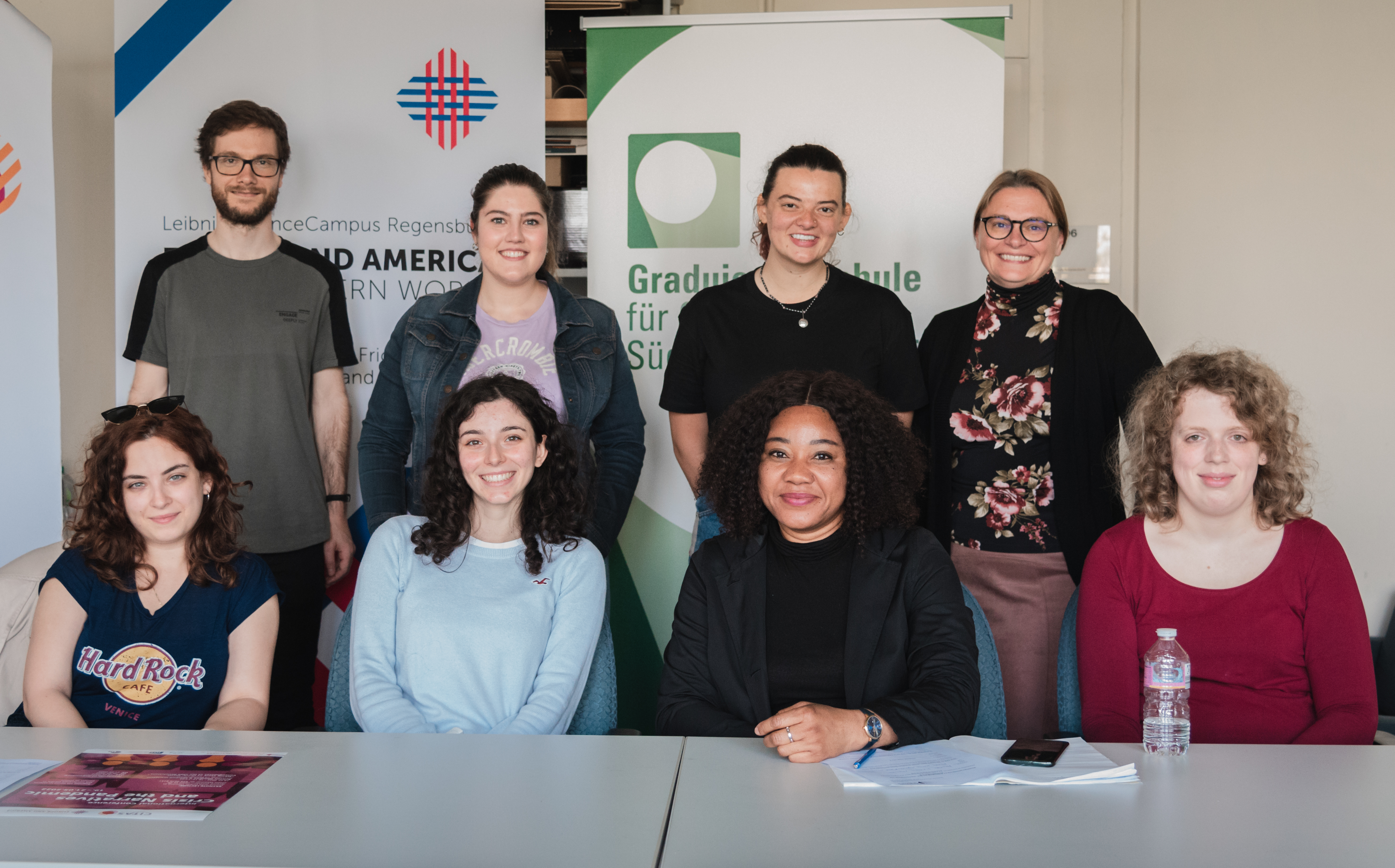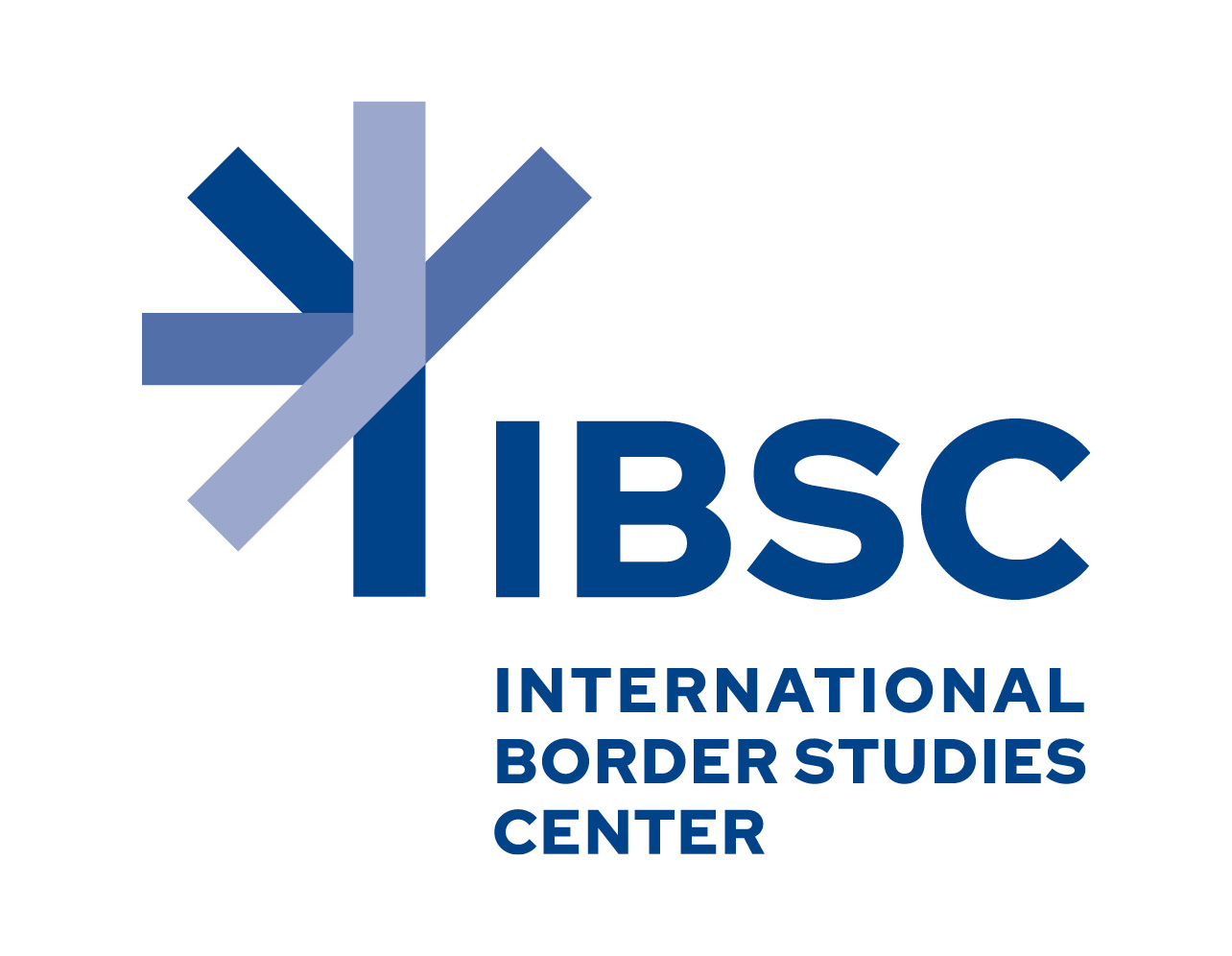The UG Cold War Communications Project is an affiliate of a division within the Library of Congress Radio Preservation Task Force. See the RPTF Web Page
Its directors are Jane L Curry (USA) and Anna Mazurkiewicz (Europe). Its goal is to encourage research and analysis of the broadcasts from West to East (and to a lesser degree East to West) that were key vehicles to fight the “Cold War” between the West and East by undercutting popular faith in their regimes’. It is designed to encourage and propagate research on what these media broadcast and the impact of the broadcasts on popular opinion and, elite responses.
The project focuses on the period between 1948 and 1990 when the ideological battles of the Cold War were conducted largely over the radio waves with Western broadcasts such as Radio Free Europe, Voice of America, and West European stations as well as special BBC programming. These specialized radio stations broadcast news and cultural programs to listeners in Central and East Europe and the Soviet Union. These broadcasts were intended to provide freer information and opinion than communist countries’ controls allowed. They were done, largely, in the languages of the countries to which they were directed and funded by individual Western governments. In response, Radio Moscow and other stations broadcast into Western countries in Western languages.
Researchers working in or interested in this aspect of the Cold War and radio communications are encouraged to contact either director for further information about the ongoing research and their research interests.
Coordinators at IBSC: Anna Mazurkiewicz, Anna Podciborska (listen to her describe the early results of a pilot study here: https://ibsc.ug.edu.pl/vlog/border-seminar-may-2021/)

During the summer semester 2022, Anna Mazurkiewicz was a Visiting Professor at the Leibniz Science Campus Europe and America & Graduate School for East and Southeast European Studies, University of Regensburg. With a group of students attending her class on Cold War Exiles in the Global Cold War, she developed a project that aimed at creating a pilot glossary of political concepts developed in exile within a transnational framework of the Assembly of Captive European Nations. Students investigated annual runs of the exile journal: ACEN News and prepared preliminary entires. The author of each entry is indicated by the initials as follows: LA – Lukas Alberter, IA – Ilayda Altinkaynak, FB – Francesca Belotti, GLG – Giulia Lo Giudice, AN – Anulika Nganaba, RS – Rebekah Smith, AI – Alexandru Iordan. According to the Students;
This glossary is intended for: Cold War historians, specialists in memory studies – filling the gaps in the legacy of exiles.
Potential uses include: students, researchers, in Cold War, East European Studies, US soft power, Soviet domination.
| CONCEPTS – before editing, entries will be added shortly |
| Age of Darkness |
| Americanization |
| An Over-all European Settlement |
| Appeasement |
| Aspirations of the Captive Peoples |
| Atomic Power |
| Balkanization |
| Baltic Women’s Council as a tool |
| Big Brotherism |
| Brezhnev Doctrine |
| Captive nations |
| Captive Nations 2 |
| Captive Nations FIN |
| Captive Nations Week |
| Censorship |
| Collectivization as a Weakening Policy |
| Communist Colonialism |
| Communist duplicity |
| Communist economic dogma/system |
| Communist Ideology |
| Concessions as a Peace Strategy |
| Concessions to Khrushchev |
| Cordon Sanitaire |
| Counter-Revolutionary Activities |
| Cultural Policies |
| Czechoslovak Spring |
| Defeatism |
| Defector(s) |
| Democratic institutions |
| Democratization |
| Denationalization and assimilation |
| Denunciation of Stalin |
| Détente 2 |
| Deterrent |
| Difference Between EEC and COMECON |
| Disarmament |
| Disillusionment with Utopia |
| Distinction between captive nation and alien Russian Soviet power |
| Double Standard in the UN |
| Double Standard in the UN – FIN |
| East-West Cultural Exchange programs |
| Economic Autarchy |
| Economic exploitation of the Captive Countries. |
| Economic liberalisation |
| Engineers of souls |
| Europe whole & free FIN |
| Europe Whole Again |
| Expansion of political and territorial influence. |
| Failure of socialized Agriculture |
| Failures of Communism |
| Flame of dissent |
| Forced collectivization |
| Fraternal Aid |
| Fraternal Aid FIN |
| Free elections |
| Freedom as Psychological warfare |
| Freedom as weapon FIN |
| Freedom Fighter |
| Freedom for the Peasant |
| Freedom of action |
| Freedom of religion and conscience |
| Freedom Rights of Bourgeois |
| Fundamental Freedoms |
| Geneva Spirit |
| Global Communism |
| Gradual Improvement |
| Grand Strategy of Soviet expansion |
| Homo Sovieticus |
| Hungary as a prison |
| Illegitimate Profit |
| Immutable Dogma |
| Inalienable rights for life |
| Independence Front as a Communist hold |
| Independence to the Colonial Countries, the Exile´s view. |
| Indoctrination of atheism |
| Influence of western media scares the communist leaders |
| Integration First |
| Interventionist Brezhnev doctrine |
| Kremlin Imperialism |
| Law or Recommendation |
| Long Peace |
| Mass deportation |
| Naive Use of the Most Favored Nation Treatment |
| Naked Power |
| National crystallization |
| Neglect of the Universal declaration of Human Rights. |
| Neo-stalinism |
| New Speak(Orwellian) |
| No end of the Cold War with captive nations |
| No rehabilitation |
| Non-aggression pact |
| Non-Aggressive Declarations |
| Nuclear Tests as a coercion strategy. |
| Old Bolshevik Newspapers |
| One-party dictatorship |
| Oppression |
| Orwellian Approach of Surveillance |
| Party-mindedness |
| Patriotic Priests |
| Pax Sovietica |
| Peace offensive |
| Peaceful Coexistence |
| Peaceful coexistence 2 |
| People’s Diet |
| Poland as a globally important souvereign nationgn |
| Poland as a historically western nation |
| Polish October |
| Political Emigres |
| Political opposition |
| Political rights in captive nations |
| Political unreliability |
| Political Warfare |
| Principle of Self-Government |
| Process of Detente |
| Production Anarchy |
| Psychological intimidation |
| Puppet Government |
| Radical Youth Organization |
| Red Exploitation |
| Rejection of Limited Sovereignty |
| Resistance |
| Resolution on Political Prisoners |
| Restoration of Freedom and Independence |
| Restoration of sovereignty of soul East Asian nations |
| Revolution of Rising Expectations |
| Right of self-government |
| Right to National Self-Determination |
| Right to Self-Determination |
| Romania’s Doubts |
| Russification |
| Russification 2 |
| Russification Campaign |
| Satellite |
| Second Political Center |
| Self Determination |
| Self-determination |
| Shift of generations |
| Sick man of Europe |
| Socialist Commonwealth |
| Socialist realism |
| Sophistry |
| South-East-Asian countries as next targets of communist expansion |
| Sovereignty |
| Soviet Colonialism FIN |
| Soviet Consumer |
| Soviet Hegemony |
| Soviet Hegemony as Bondage |
| Soviet Indoctrination Campaign |
| Soviet Neocolonialism |
| Soviet Union as terror state |
| Sovietization |
| Sovietizationn |
| Soviets breach smallest societal units |
| Soviets exploiting the captive nations economically |
| Status Quo |
| Sweeping Liberalization |
| Symbolism of Neumann’s Suicide |
| Territorial Integrity |
| Terror Machinery in Eastern Europe |
| The barriers of 'Iron Curtain’ |
| The danger of „Europe to the Urals” |
| The de-colonization process |
| The Fate of Peace |
| The fresh air of the Czechoslovak Spring |
| The Most Dangerous Coalition |
| The Price of Freedom |
| The working class hates communism |
| Torch of Liberty |
| Ultra Leftism |
| Underground literature |
| Unfinished Soviet Expansion |
| Uniformity |
| Uprisings as heroic acts |
| USSR only held together by force |
| ”Voice of the Fatherland” ”Homeland” |
| Vote with their feet |
| Wars of Liberation |
| Warsaw Pact |
| Western Colonialism |
| Western Propaganda |
| Western vs Soviet Colonialism |
| Withdrawal of Soviet Troops and free election |
| Youth´s hopelessness about communism |
